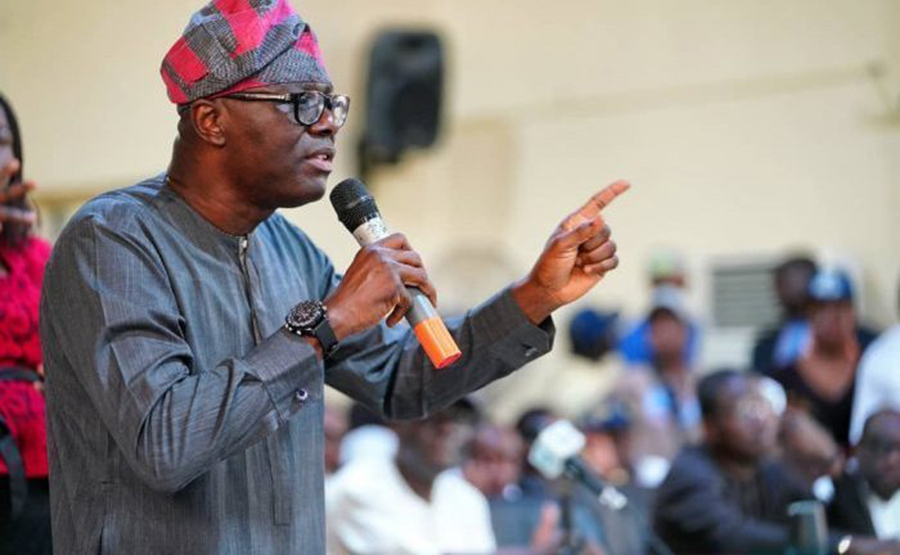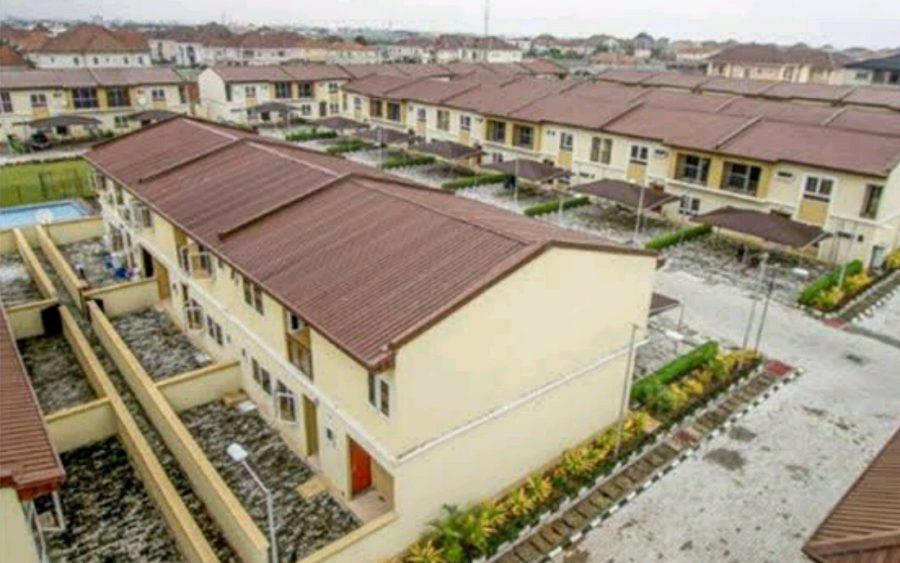- The forum brought together over 1,000 developers, investors, policymakers, and professionals to address Nigeria’s housing and investment challenges
- Stakeholders adopted the Real Estate Developers Association of Nigeria (REDAN) to present a jointly issued communiqué to the government, advocating for reforms in land titling, taxation, and investment incentives
- Speakers emphasized the need for collaboration between government and developers to unlock urban development potential and committed to producing a policy advisory document for broader housing reform
The 2025 edition of the Real Estate Stakeholders’ Forum (RESF), held on September 16 at Harbour Point, Victoria Island, Lagos, convened over 1,000 key players across Nigeria’s real estate value chain.
Attendees included developers, investors, policymakers, financial institutions, and allied professionals, all focused on addressing the country’s persistent housing and investment challenges.
The forum featured a series of keynote addresses, panel discussions, and fireside chats that explored critical issues such as affordable housing delivery, land use reforms, modular housing innovations, and the widening housing finance gap.
A major highlight of the event was the unanimous adoption of the Real Estate Developers Association of Nigeria (REDAN) as the official voice of stakeholders. REDAN will lead the presentation of a jointly issued communiqué to the government. The document outlines key demands, including streamlined land titling, reduction of multiple taxation, and the creation of new investment incentives to drive sustainable urban development.
Barrister Festus Adebayo, a prominent voice in the sector, underscored the urgency of addressing housing affordability and called for the professionalization of real estate development. In his keynote, Professor Timothy Nubi, Director of the Centre for Housing and Sustainable Development at the University of Lagos, emphasized the importance of public-private collaboration. He noted that unlocking Lagos’ full urban potential requires strong partnerships between government and developers.
The forum also resolved to develop a Policy Advisory Document with technical recommendations for the Lagos State Urban and Regional Planning Department. The document is expected to influence broader national housing reforms.
The event closed on a note of optimism, with stakeholders reaffirming their commitment to building a more inclusive, innovative, and investment-friendly real estate ecosystem in Nigeria.





















